
Household Items That Quickly Get Damaged If You Clean Them with Dish Soap
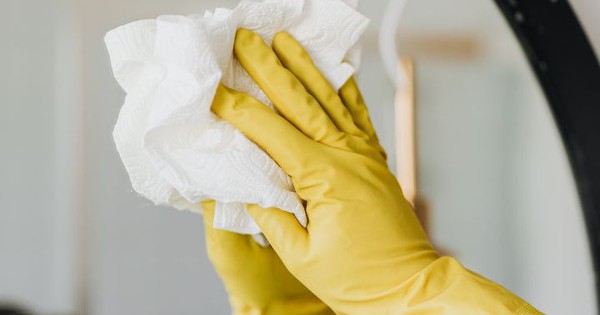
Dishwashing liquid is an essential item in almost every household kitchen. However, few people realize that this common cleaning agent can pose hidden risks to certain household items when used improperly. Using dish soap on the wrong surfaces can shorten their lifespan, damage their finish, or even compromise their functionality.
Cast Iron Cookware
Cast iron pots and pans are beloved for their excellent heat retention, durability, and natural non-stick properties—provided they are cleaned and maintained correctly.
One crucial rule is to avoid cleaning cast iron with dishwashing liquid. The cleaning agents in dish soap can strip away the seasoning layer that gives the cookware its non-stick properties. Instead, it’s better to clean cast iron with hot water and a soft brush. After washing, dry thoroughly and lightly coat with cooking oil to preserve the surface. Over time, proper care will ensure your cast iron remains a kitchen staple for decades.
Mirrors
Another item that should not be cleaned with dish soap is mirrors. Using dishwashing liquid can leave streaks or residues that are difficult to rinse off, often requiring excessive water and effort.
Instead, a solution of diluted vinegar or specialized glass cleaners can keep mirrors sparkling clean without leaving streaks. For extra shine, wipe the surface with a microfiber cloth, which reduces scratches and watermarks. Regular maintenance prevents buildup and ensures your mirrors stay reflective for years.
Hardwood Floors
Hardwood floors add a touch of elegance and sophistication to any home, but they require careful cleaning. Using dish soap on hardwood can leave residues and damage the wood finish over time.
To clean hardwood floors safely, use a damp mop with a solution specifically formulated for wood surfaces. Avoid excessive water, which can seep into the seams and cause warping or discoloration. Routine cleaning with proper products preserves the natural beauty of the wood.
Wooden Furniture
Carlos Garcia, CEO of Total Clean in the UK, advises against using dish soap on wooden furniture. Dishwashing liquids can strip protective coatings from the wood, alter its color, and reduce its longevity.
Instead, opt for wood-specific cleaning agents or oils that nourish the wood while keeping it polished. Regular care can prevent cracking, fading, or other damage, ensuring your furniture looks pristine for years.
Granite and Other Stone Countertops
It may seem convenient to clean stone countertops like granite with dish soap, but this can cause problems. Dishwashing liquid can leave residues on porous surfaces, potentially leading to staining or surface degradation.
To maintain stone countertops, use cleaners specifically formulated for stone. These products clean effectively without leaving residues, protecting the natural texture and luster of the stone. For stubborn stains, a mixture of baking soda and water or a mild stone-safe cleaner works better than dish soap.
Marble Countertops
Marble surfaces are equally sensitive. Alicia Sokolowski, co-CEO of AspenClean, warns that using dish soap on marble can erode its surface, dull its shine, and make it more prone to staining.
For marble, use pH-neutral cleaners or specially designed marble solutions. Avoid acidic or abrasive substances, which can permanently damage the stone. Regular maintenance preserves its smooth, polished look.
Dishwashers
Dishwashing liquids are highly foamy, which makes them unsuitable for automatic dishwashers. Excessive suds can overflow inside the machine, potentially causing damage or leaks.
For dishwashers, always use low-foam detergent formulated specifically for these appliances. This ensures optimal cleaning performance without risking malfunctions or spills.
Mixing with Bleach
Even if your dish soap does not contain ammonia, never mix it with bleach. The combination can release toxic gases, including chloramine, which is harmful if inhaled. Always store and use cleaning products according to their instructions to avoid dangerous chemical reactions.
Conclusion
While dishwashing liquid is a versatile and essential cleaning product, it is not suitable for all surfaces. Cast iron, mirrors, hardwood floors, wooden furniture, stone countertops, marble surfaces, and dishwashers all require specialized cleaning methods to maintain their durability and appearance. Understanding these precautions can save money, extend the life of your household items, and keep your home looking pristine.
By choosing the right cleaning products for each surface, you protect your investment and make cleaning safer and more effective. Small adjustments in cleaning habits can lead to big differences in the longevity and beauty of your home.
News in the same category


Objects That May Be Harming Your Health Without You Noticing

You are doing it all wrong. Here's the right way to eat eggs

My nana taught me this hack to get rid of puffy eyes in 2 mins with 0 work. Here’s how it works

How to Grow Papaya in Pots: Heavy Harvests of Big, Sweet Fruit

Save Millions of Dong in Electricity Bills Each Year by Cleaning This Hidden Part of Your Rice Cooker

4 Ways to Cook Chicken Without Using Water
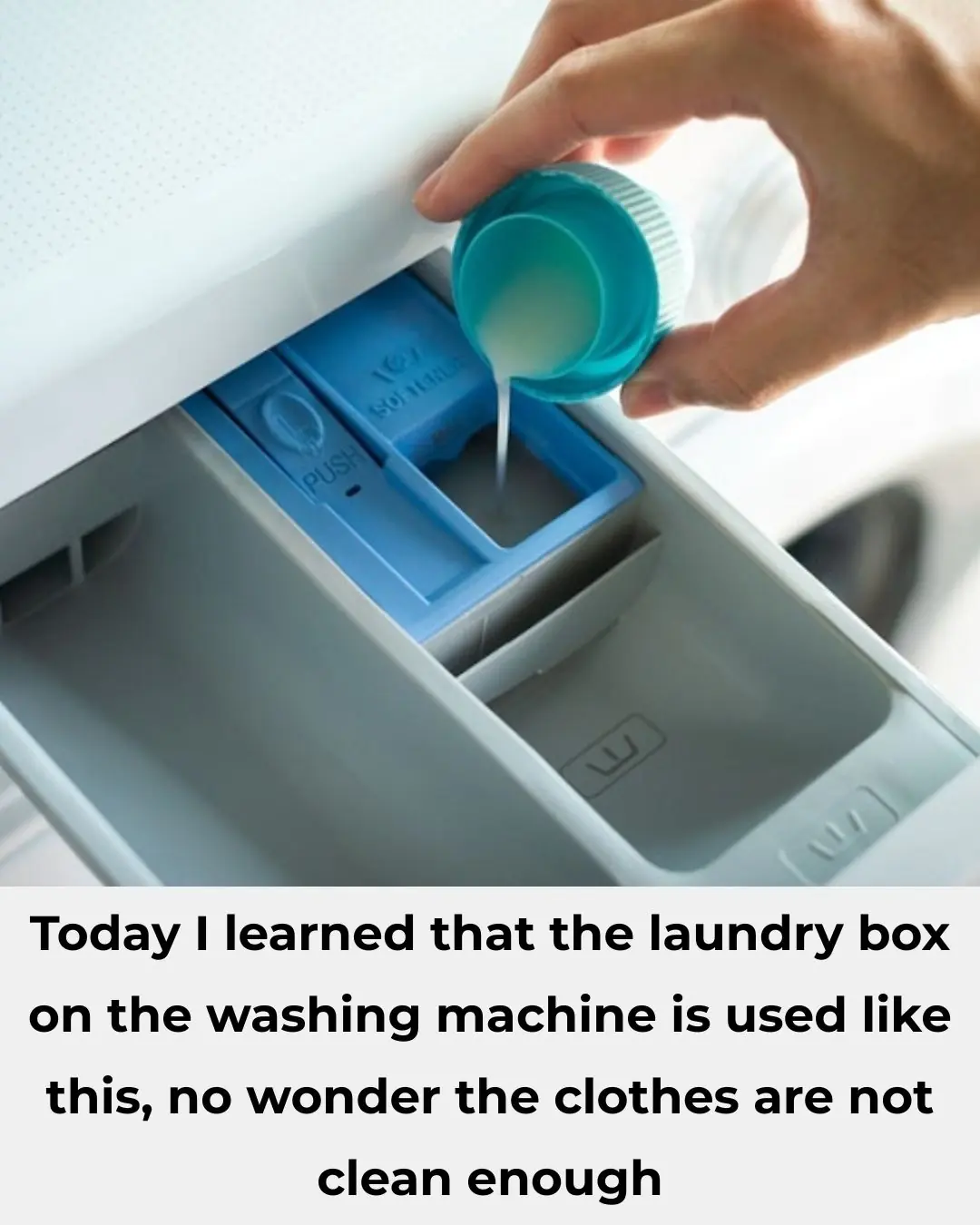
Today I Learned How to Use the Detergent Drawer on a Washing Machine—No Wonder My Clothes Weren’t Getting Fully Clean

My nana taught me this hack to get rid of grill gunk in 4 mins with 0 work. Here’s how it works

Most do this wrong: 10 things you're over-washing
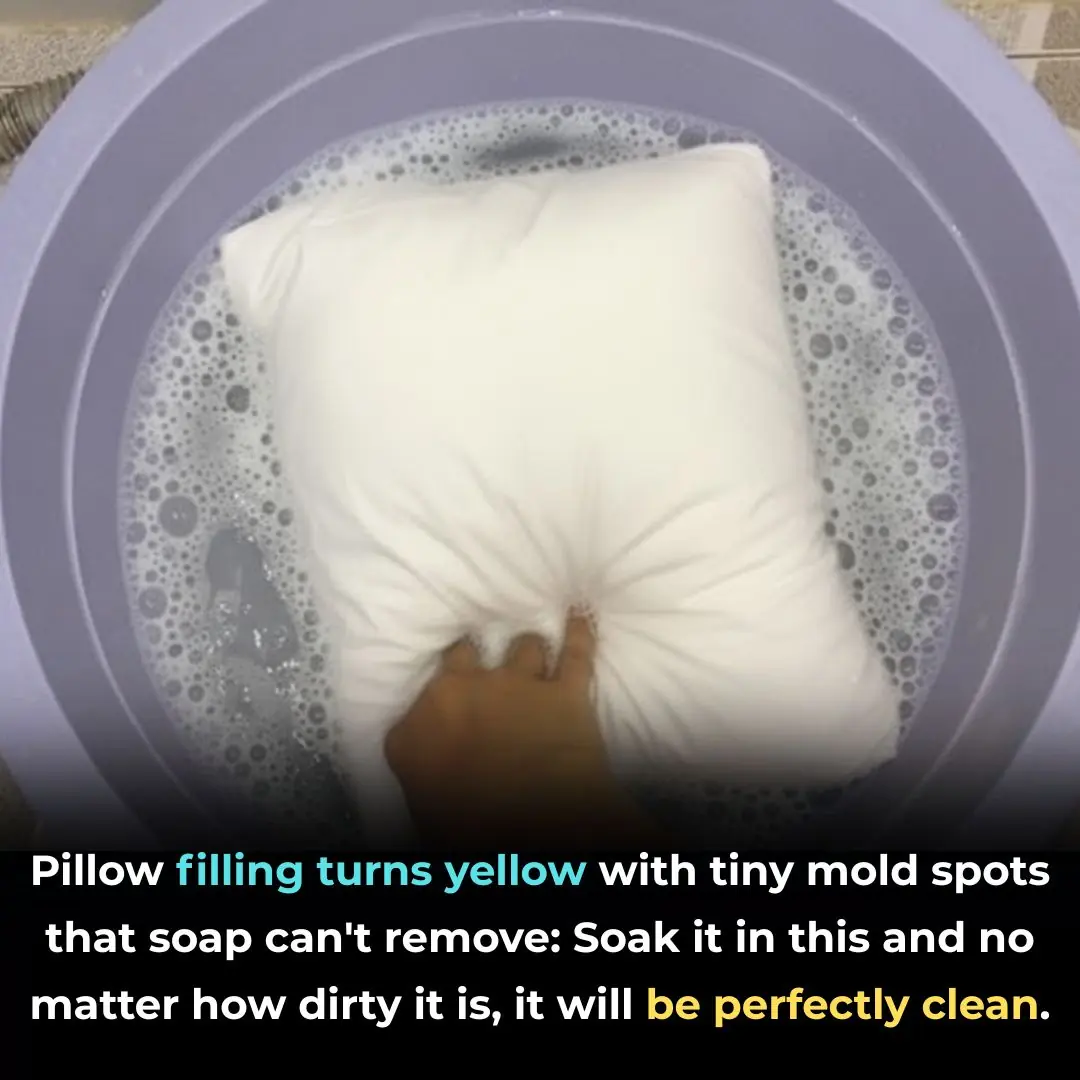
Pillow filling turns yellow with tiny mold spots that soap can't remove: Soak it in this and even heavy dirt will come out spotless

Put the stone into the rice cooker: The rice becomes delicious and sticky, stays good for a long time without turning red.

Natural substances in honey when consumed in the morning help detoxify the body and are effective for weight loss.

Boil bananas for a week and eat them before meals, and something surprising will happen.

Tips for storing ginger without a refrigerator, keeping it for a whole year without worrying about sprouting or rotting
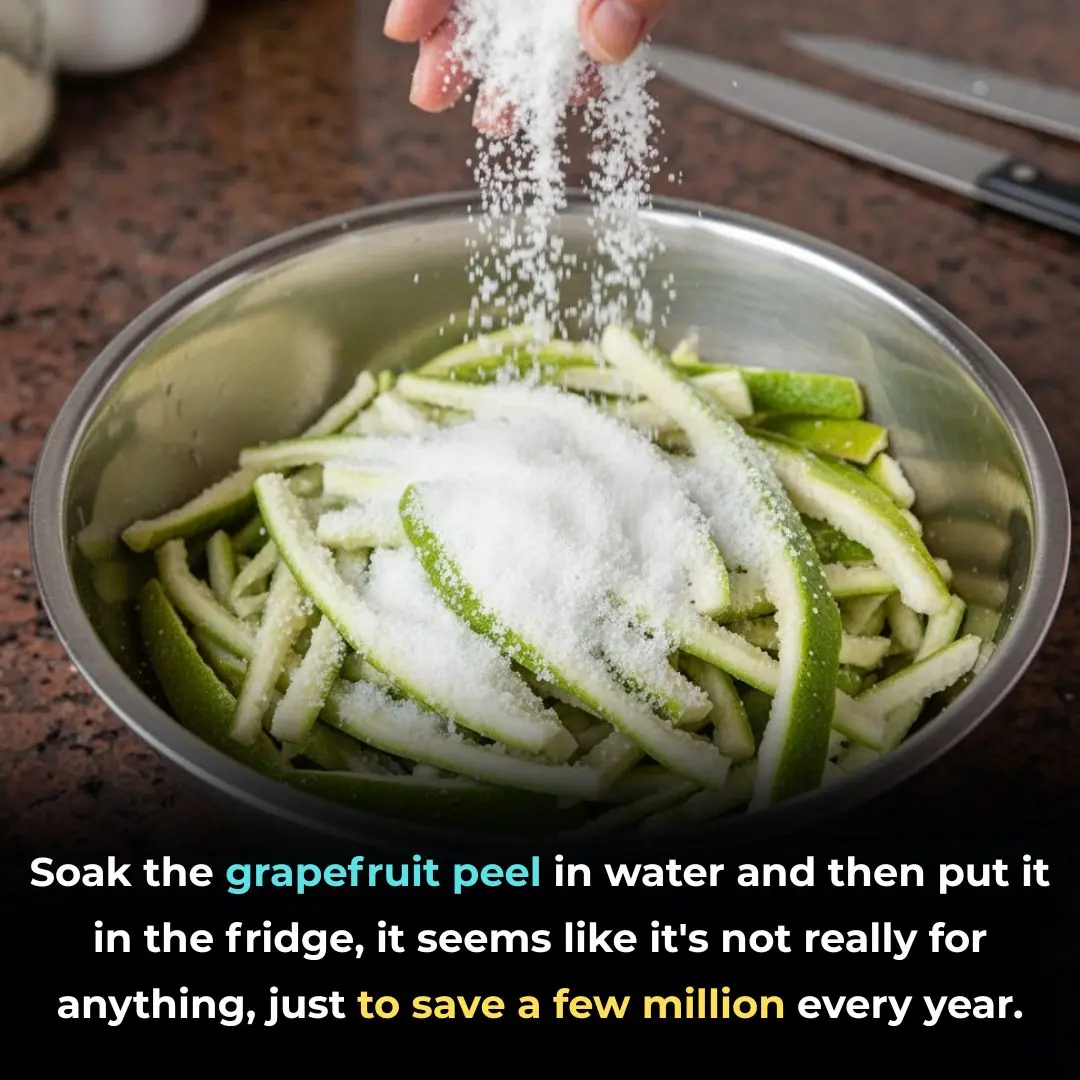
Soak grapefruit peels in water and then place them in the fridge, seems like it's not for anything but to save money every year
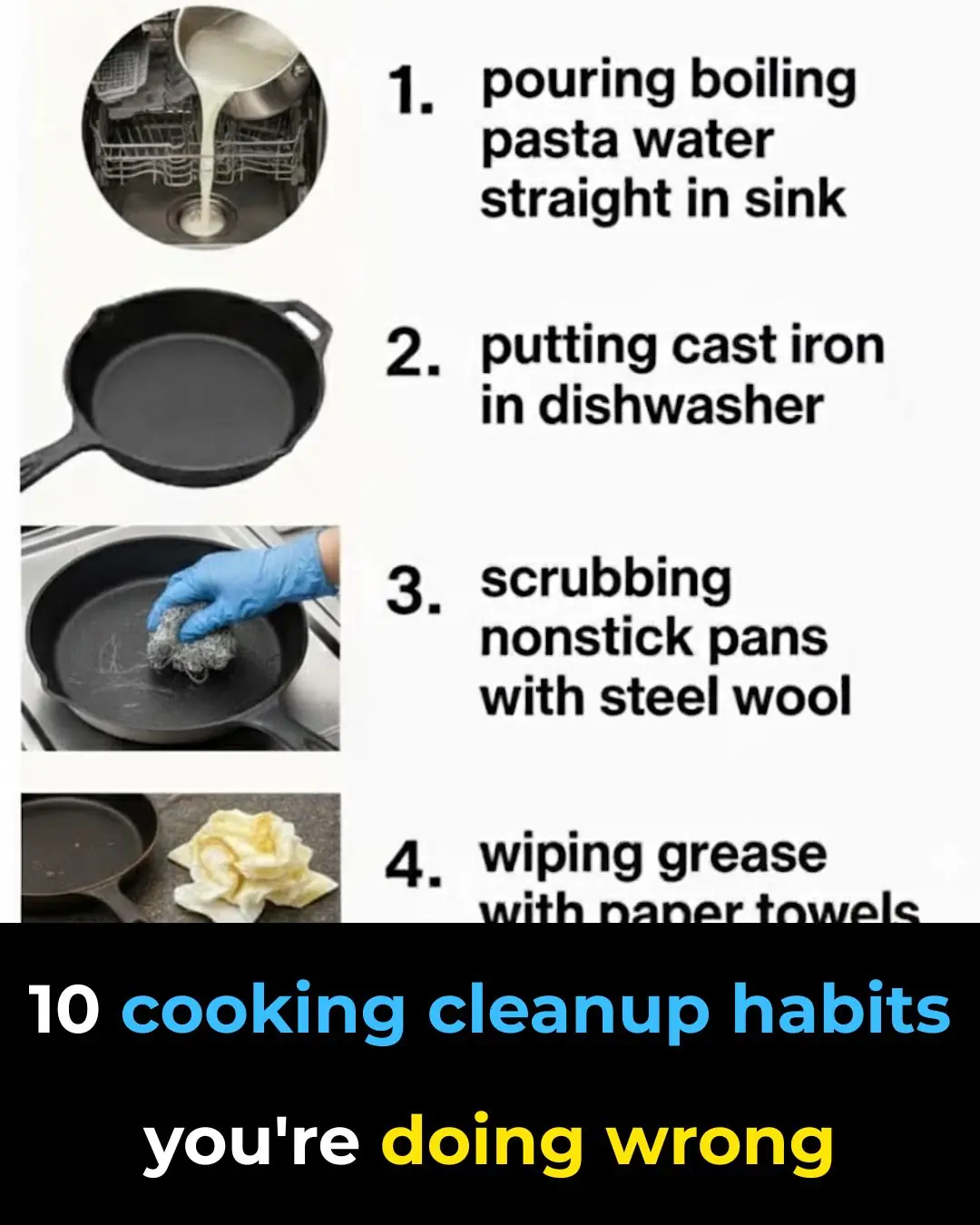
10 cooking cleanup habits you’re doing wrong
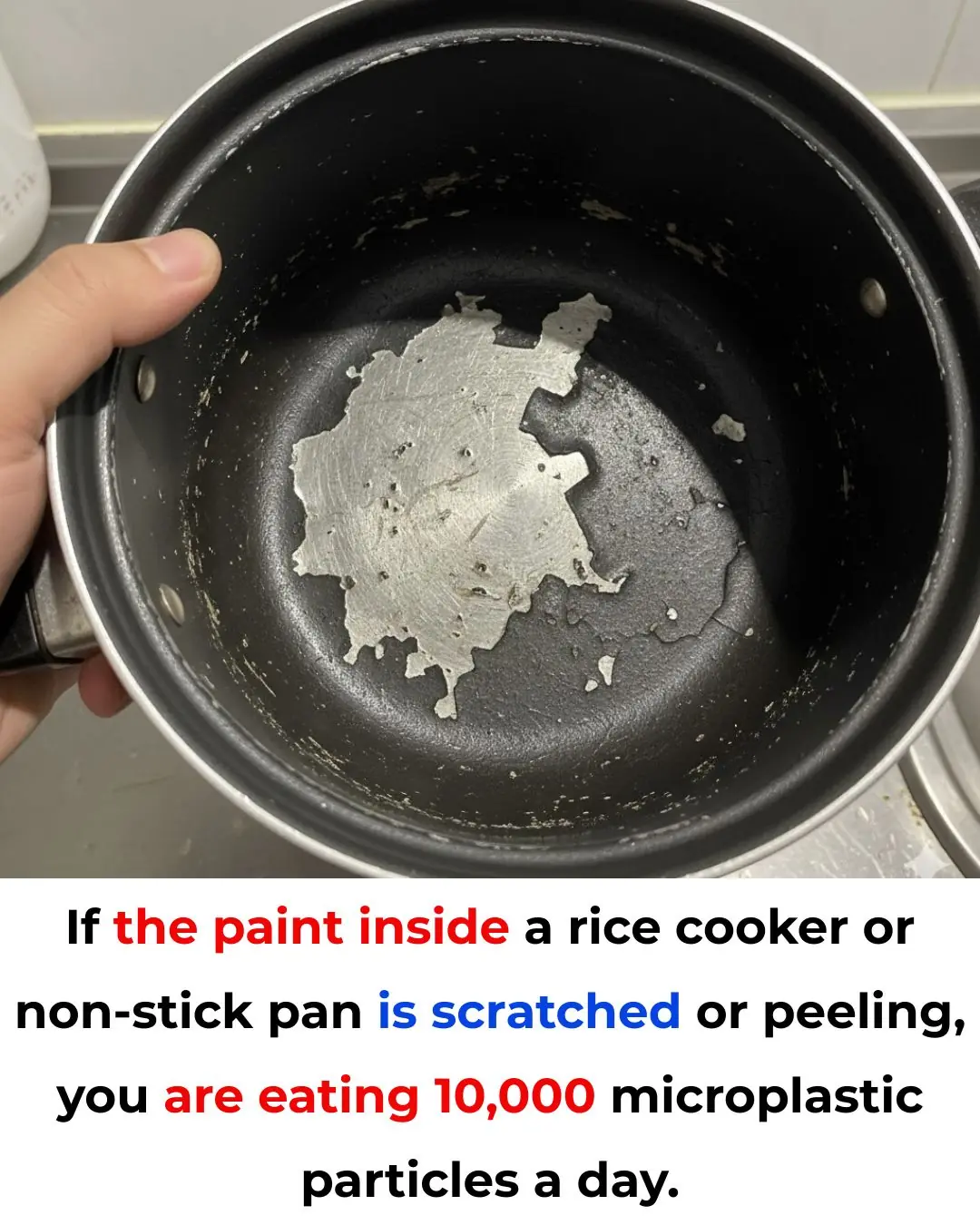
If the Non-Stick Coating on Your Pan or Rice Cooker Is Scratched, You’re Eating 10,000 Microplastic Particles a Day
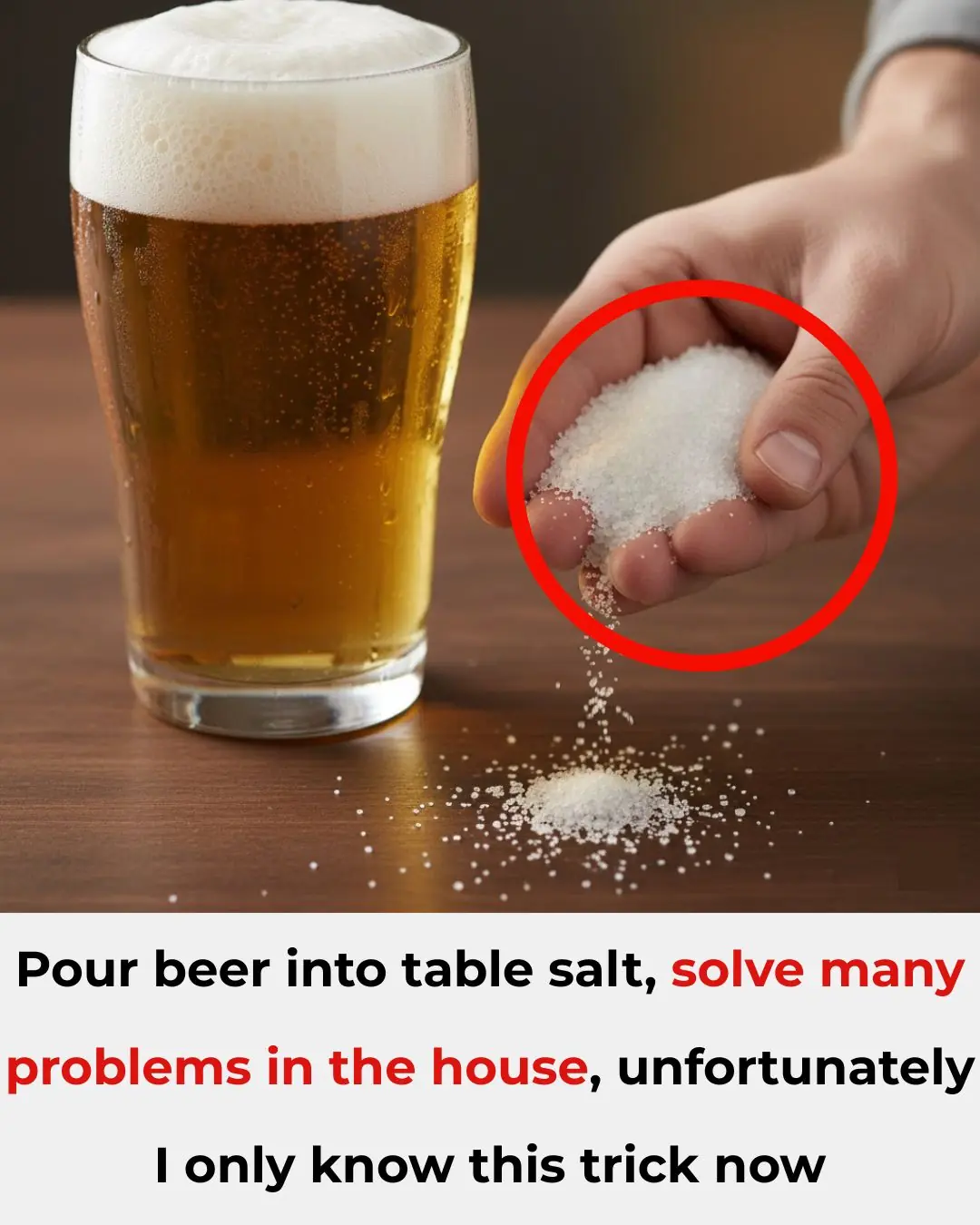
Pouring Beer Into Table Salt? It Solves So Many Household Problems — I Wish I’d Known This Trick Sooner!
News Post

Rock Star’s Family Devastated As Common Symptom Leads To ER Visit And Aggressive Cancer Diagnosis

Tammy Slaton Shocks Fans With Stunning Weight Loss Photos—Inside Her Transformation

Doctors Feared Baby Had a Mouth Tumor—But the Real Cause Left Everyone Stunned

31-Year-Old Father Warns Others After Subtle Symptoms Lead to Colon Cancer Diagnosis

35-Year-Old Man Dubbed the “Modern Dorian Gray” Reveals His Unusual Secrets for Staying Youthful

7-Eleven Manager Allegedly Suffocates Employee During Shift—Victim Dies Days Later

Take This Before Bed — and Wake Up Transformed

The Ultimate Healing Tonic: A Powerful Natural Drink for Swollen Feet, Diabetes & Poor Circulation

Stop This Dangerous Habit Before Your Phone Explodes!

Women Who Age Quickly & Have Shorter Lifespans Often Do These 4 Things at Night — How Many Are You Guilty Of?

Eating Fish “for Ultimate Strength” — 30-Year-Old Woman Diagnosed with Premature Ovarian Failure, Body Full of Mercury

42-Year-Old Man Dies of Stroke Despite No Smoking or Alcohol — Doctor Warns: “How Dare You Eat This Every Day!”

“Doctor warns: 3 beauty habits you might think are harmless — but that could speed up cancer development!”

Boil Perilla Leaves with a Few Stalks of Lemongrass — Your Body Gets These 7 Excellent Benefits

Everyone Fears Diabetes — But Diabetes “Fears” These 5 Foods the Most

Objects That May Be Harming Your Health Without You Noticing

Drinking Plantain Leaf Tea: 5 Powerful Health Benefits for Your Body

Drink Roasted Black Bean and Ginger Tea for 7 Days — Your Body Will Thank You with 3 Amazing Benefits

Garlic: The Natural Weapon Against Pests You Probably Forgot About
